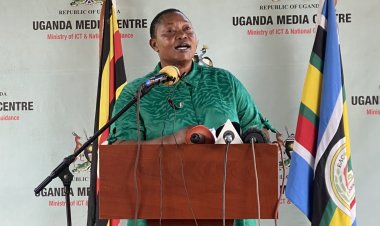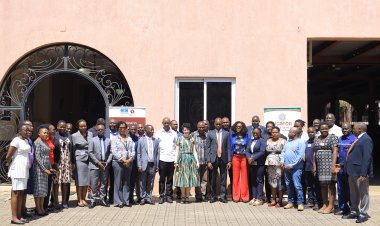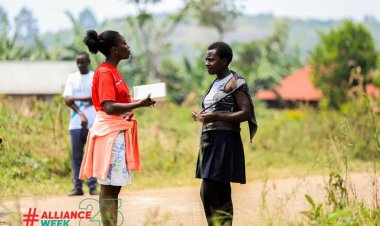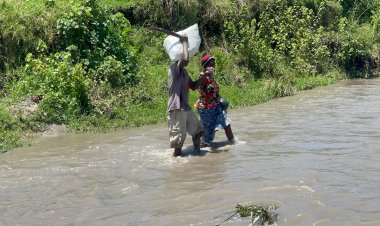World Bank to stop public financing to Uganda over anti-homosexuality law
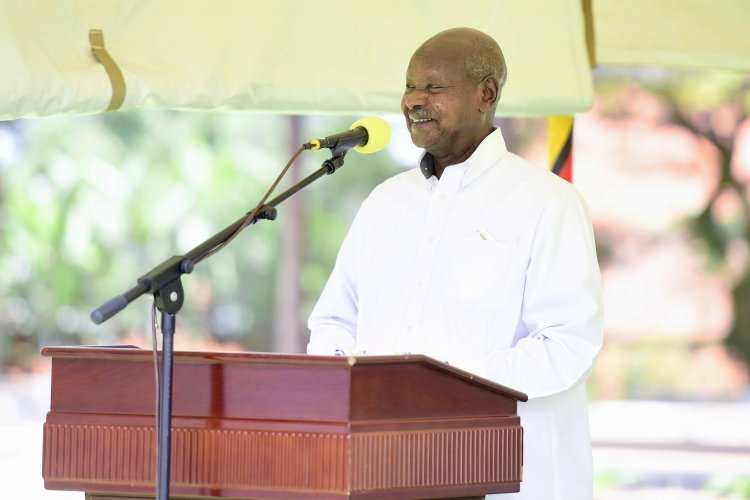
The World Bank has announced that it will halt public financing to Uganda over the recent anti-homosexuality law that was passed in Uganda.
President Museveni signed the bill into law on 26 May 2023.
Speaker of Parliament Anita Among welcomed the president’s decision to sign the bill into law, saying it will protect the culture and values of our country.
"We have stood strong to defend the culture, values and aspirations of our people," she recently noted in a statement posted on her official Twitter.
The World Bank through a statement mentioned that they deployed a team to Uganda to review the Bank’s portfolio in context of the legislation.
“Immediately after the law was enacted, the World Bank deployed a team to Uganda to review our portfolio in the context of the new legislation. That review determined additional measures are necessary to ensure projects are implemented in alignment with our environmental and social standards.”
The statement mentioned in part that, “Our goal is to protect sexual and gender minorities from discrimination and exclusion in the projects we finance. These measures are currently under discussion with the authorities.”
“Uganda’s Anti-Homosexuality Act fundamentally contradicts the World Bank Group’s values. We believe our vision to eradicate poverty on a livable planet can only succeed if it includes everyone irrespective of race, gender, or sexuality. This law undermines those efforts. Inclusion and non-discrimination sit at the heart of our work around the world.” It stated.
“No new public financing to Uganda will be presented to our Board of Executive Directors until the efficacy of the additional measures has been tested.” It added.
“Third-party monitoring and grievance redress mechanisms will significantly increase, allowing us to take corrective action as necessary.”
“The World Bank Group has a longstanding and productive relationship with Uganda; and we remain committed to helping all Ugandans—without exception—escape poverty, access vital services, and improve their lives.”










